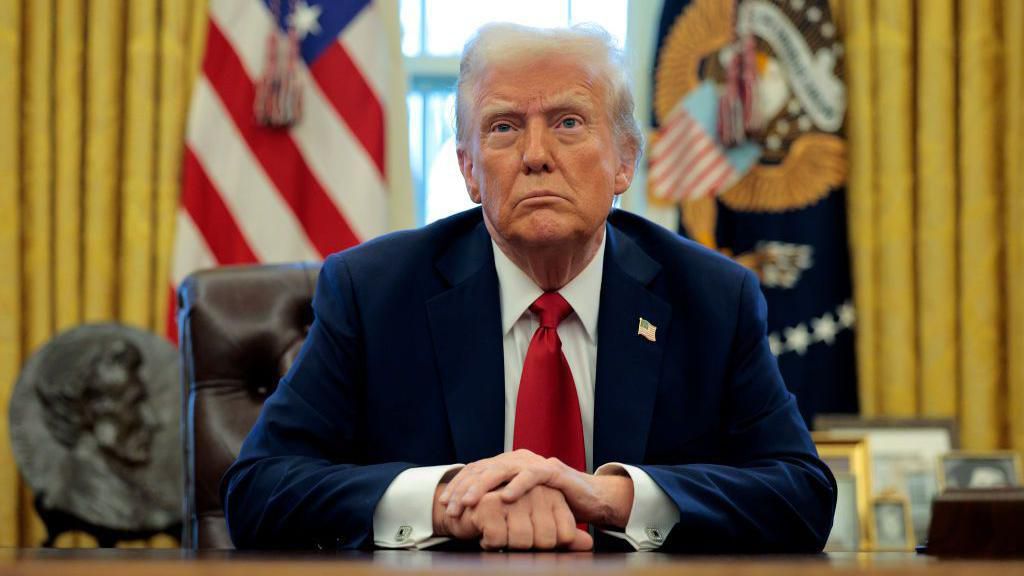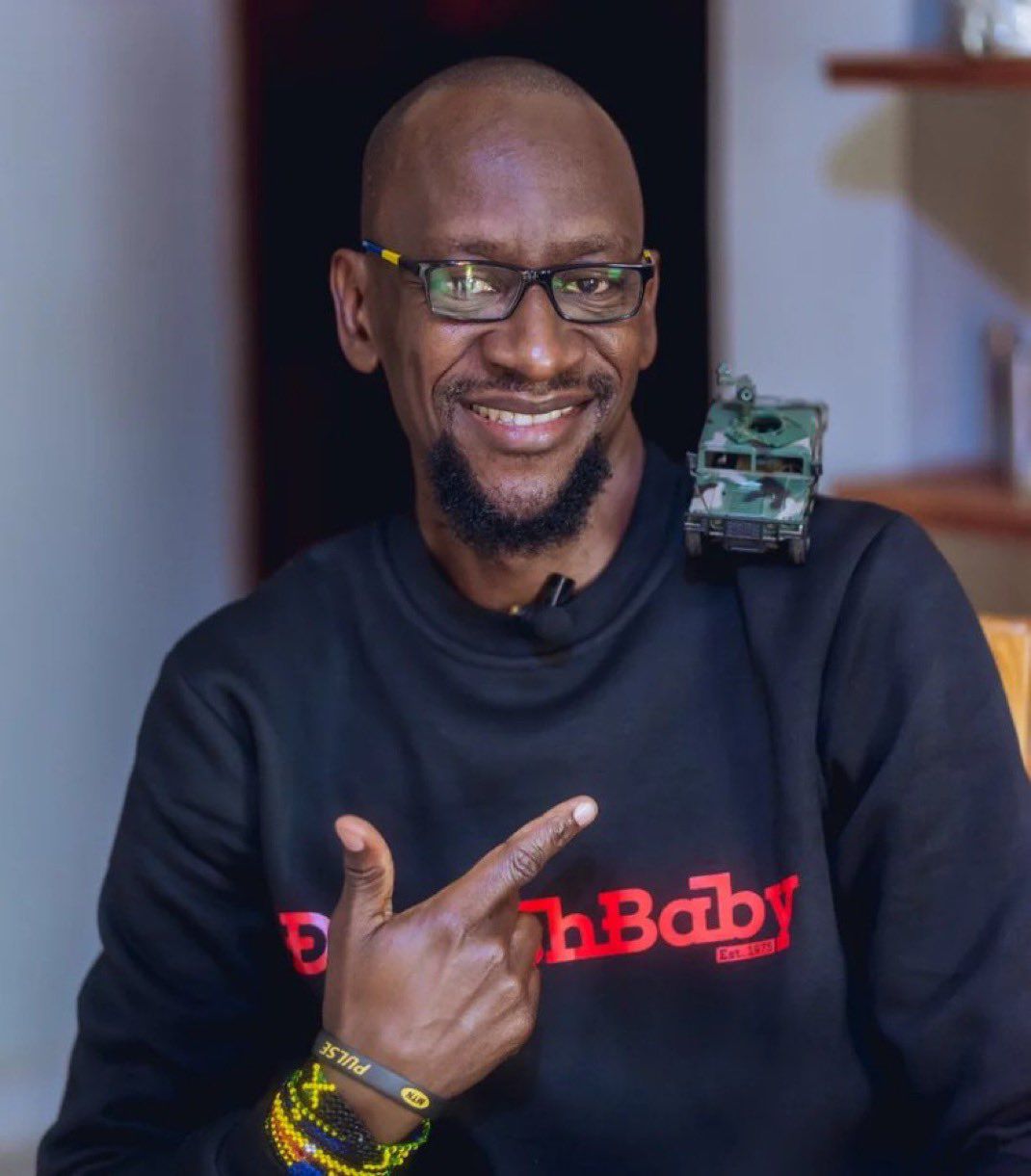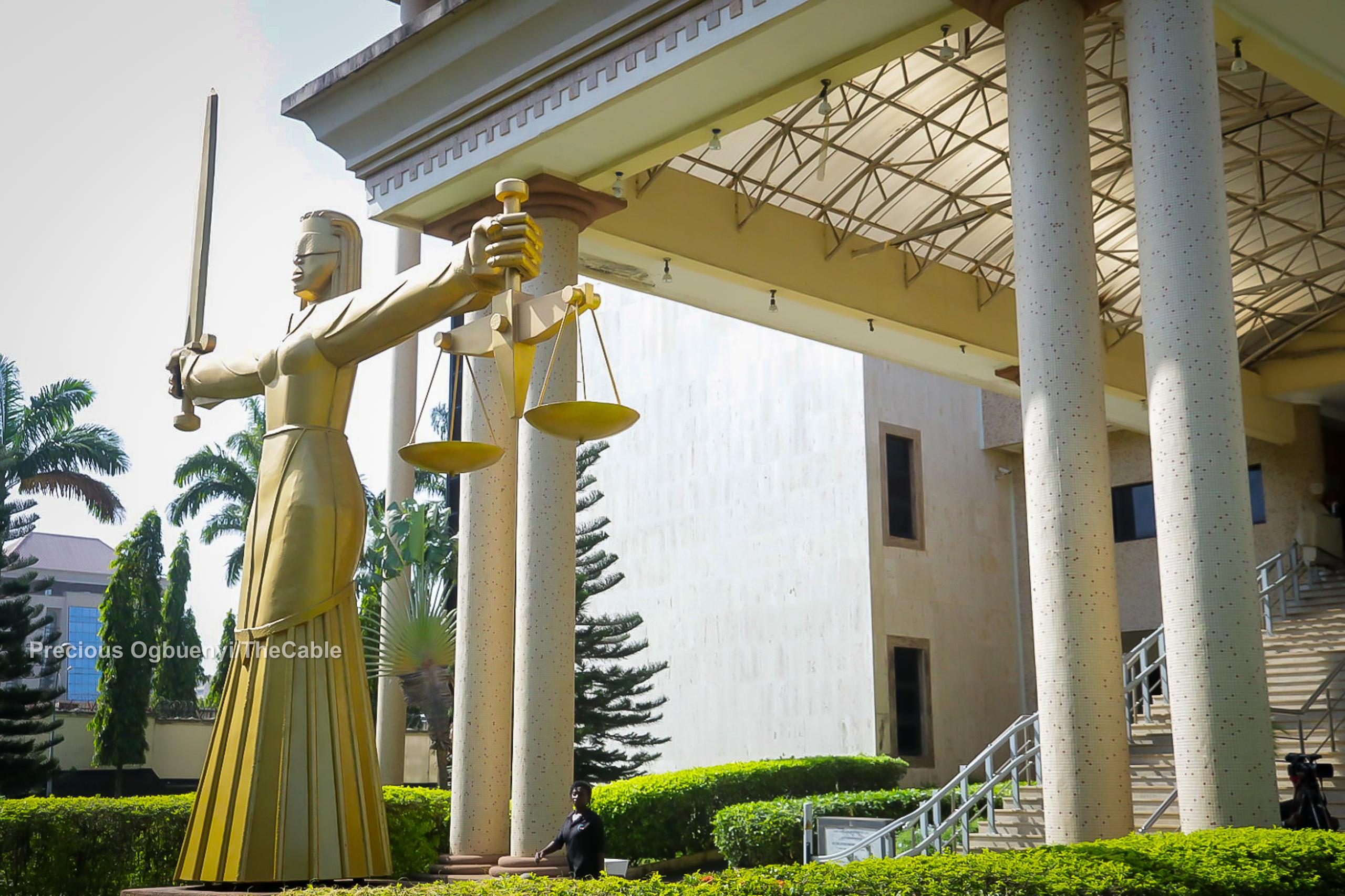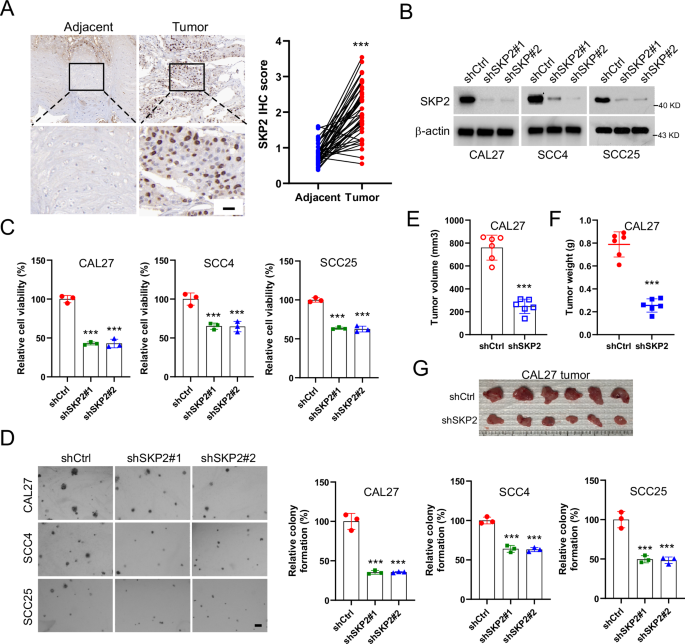In a respite, the Southern African Development Community (SADC) reached an agreement with M23 (March 23rd Movement) rebels towards the withdrawal of SADC Mission in the Democratic Republic of Congo (SAMIDRC).
In December 2023, SAMIDRC troops from Malawi, South Africa and Tanzania were deployed and tasked with assisting DRC Armed Forces in combating armed groups in the country’s eastern region.
A communiqué signed in Goma by Tanzania Peoples’ Defence Forces’ Major General Ibrahim Mhona, on behalf of the chairperson of the SADC, and Major General Sultani Makenga, Military Coordinator of the Alliance Fleuve Congo/Mouvement du 23 Mars (AFC/M23) dated Friday, March, 28 committed both parties to “The cessation of hostilities ceasefire and unconditional withdrawal of SAMIDRC troops.”
Under the agreement, M23 and allies will guarantee safe passage and return of South African National Defence Force (SANDF) troops and their equipment to South Africa. But they are to leave all DRC government (FARDC) weapons and equipment in their possession.
The SANDF troops have been surrounded and confined to their bases since January 28 when M23 captured Goma in North Kivu province of DRC.
Since then, M23 and its Rwanda Defence Forces backers have been consolidating, continuing their advances through North and South Kivu, capturing Bukavu and the mining hub of Walikale, the farthest west the group has advanced into the interior of the DRC since 2012. Rwanda has always denied providing the M23 with military assistance. Instead, it positions itself as the victim since it is facing threat in the region from Hutu Power militia Democratic Forces for the Liberation of Rwanda (FDLR)
Meanwhile, M23 is primarily made up of Tutsis.
The fall of Goma means M23, which UN estimates has 6,000 troops backed by 4,000 Rwanda Defense Force (RDF) and its allied forces, now controls mines that produce gold, coltan and other metals, the economic motivation for the war, vast deposits critical to much of the world’s technology.
Because of interests, efforts to bring peace to the region have become herculean. On Monday, March 24, 2025, Angola withdrew from its role as mediator in the conflict. The Angolan President, Joao Lourenço, was named mediator by the African Union (AU) in 2022 in an attempt to end the conflict. Meanwhile, an earlier joint meeting of East African Community (EAC) and Southern African Development Community (SADC) held in Tanzania on January 8, 2025, which demanded for immediate ceasefire and “Restoration of essential utilities and supply lines for food and other essential commodities to ensure humanitarian support: and peaceful resolution of the conflict through the Luanda/Nairobi process.” This has largely been ignored. Indeed, DRC has become a graveyard where several ceasefires and truces failed.
The result is the mindless violence that has created one of the worst humanitarian and environmental crises in history, impacting nearly seven million people – half of them children. It has also unleashed an environmental disaster.
We at Daily Trust therefore call on the international community to do more to impress on Rwanda to rein in M23 and desist their advance towards Kinshasa. Moreover, the ceasefire it unilaterally declared on February 4 and others should be a platform to negotiate lasting peace and stability in the region.
Towards this, they should join the US plan to impose possible sanctions against Rwandan and Congolese military and government officials over the crisis. We also join the US in calling on Rwanda “To withdraw its forces and advanced weaponry” from Congo.
We also call on both Kigali and Kinshasa to show flexibility, otherwise they would inadvertently set off a conflagration reminiscent of the late 1990s and early 2000s when armies from across central and Southern Africa got involved in prolonged fighting in eastern DRC.
We align with Tanzanian’s President Samia Suluhu Hassan in noting that history will judge leaders in Africa who fail to end the DRC conflict harshly. Therefore, African and regional leaders should exhibit political honesty in handling the crisis going forward. The joint EAC-SADC leaders, supported by continental and global bodies, must bring the belligerent parties to a negotiated ceasefire and lasting peace. The mediation efforts should be reinvigorated and both Presidents Kagame and Tshisekedi should break the ice of deep mutual grievance and distrust as the bellicose posture and public bickerings has been especially damaging to the cause of peace. After all, on March 18, DRC President Felix Tshisekedi and his Rwandan counterpart, Paul Kagame held a surprise meeting in Doha, Qatar.
Daily Trust insists that there must be de-escalation. There must be no further campaigns to achieve a larger set of military objectives or potentially building new alliances. The parties must realise that the underlying issues fuelling the crisis need a political, not military solution, which can only be secured at the negotiating table.
We insist that global, continental and regional partners should be urgent in getting the parties to toe the line of reason. There must be sustained pressure on all parties towards good faith in pursuit of a diplomatic resolution to the conflict. No illusion of short-term military solutions should overshadow the durability of lasting peace. Let reason prevail.













